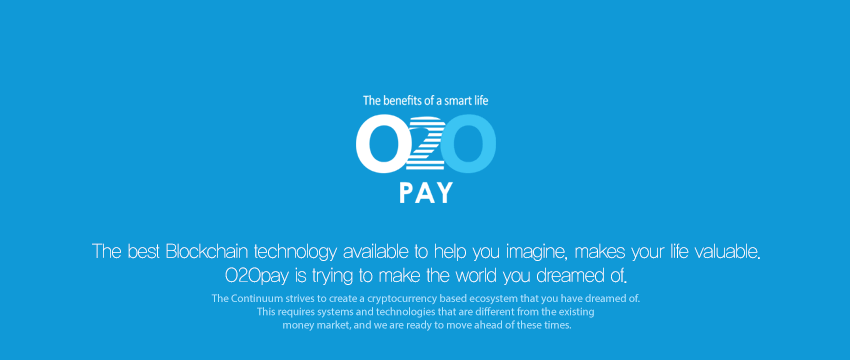Data is everywhere in today’s world. Thanks to our constant connectivity, pretty much everything we do generates data in some way, from making a phone call to taking a hike.
A lot of this is down to the growth of technologies like the Internet of Things and our increasing reliance on smartphones and similar personal gadgets, not to mention our obsession with social media.
Here’s a pretty startling fact: about 90% of all the data that exists was generated during the last two years. That’s a staggering rate of change.
In fact, it’s thought that by 2020 there will exist 5200 gigabytes of data for every person in the world. It’s just too much data for humans to wrap our heads around.
When we analyse it properly though, using the right technology, that data can be extremely useful. It provides all kinds of important insights about our behaviour, habits, and the world around us.
When properly harnessed, data can be used to improve our day-to-day experience dramatically, provide us with better and more accurate advertising, and help tailor products and services to our needs.
Unfortunately, that isn’t happening in the current system. From the inefficient use of data to actual abuses of privacy, there’s a lot to improve in the current data economy.
Let’s take a look at the current state of affairs.
The problems with data
It’s tempting to think that we only generate data in our online activities. In reality, however, we actually produce quite a lot of data offline too.
Devices such as smartphones record a lot about us, ranging from location data to information about our payments and the kinds of activities we tend to enjoy.
This kind of offline data is extremely important to companies, as it can be used in marketing to target ads at customers who are most likely to respond. It can also be used in research and development, to improve the end product.
The problem lies in how the data is used. While enterprises spend lots of time and resources to study and refine our data, it doesn’t seem to be improving advertising and marketing.
Customers still tend to perceive online ads as intrusive and irrelevant and take great pains to block them. About 615 million devices worldwide use ad-blocking software, and it’s thought that that number increases by 30% year on year. People are tired of ads that don’t work.
What’s more, customers lack control of their data. This can feel like an invasion of privacy and deeply unfair when companies can profit from their information while providing little in return.
The Cambridge Analytica scandal (where Facebook allowed a third party to harvest users’ data for use in political campaigning) was a serious reminder of how data can be misused by big companies.
So how can we change this? How can we ensure that users’ data is put to better use while rewarding the users themselves fairly? Blockchain technology could be one solution.
A better model
O2OPay is one company that wants to return power to individual users by paying them for their data. Users will receive tokens in return for the offline data they generate, tokens which they’ll be able to convert to fiat money and use in real-world transactions.
This way, users get more of a say over their data. They get to choose and know who is using it, and they get a fair reward for the valuable information they generate.
But that isn’t where the benefits end. O2O also ensure that this data is properly refined so as to be useful and meaningful to enterprises. That way, it can be used to create more targeted and accurate advertising, as well as more effective R&D.
So users end up with more pleasant and relevant ads, along with a better end product that’s more in line with what they actually want.
This kind of system benefits everyone. It’s a much more streamlined and efficient way of dealing with the colossal amounts of data we produce every day, and it creates a nicer end result for customers, businesses, and advertisers alike.
It’s just another example of how greater decentralization can improve the way we do things both online and offline, and how blockchain technology is the tool that will help us achieve this.





